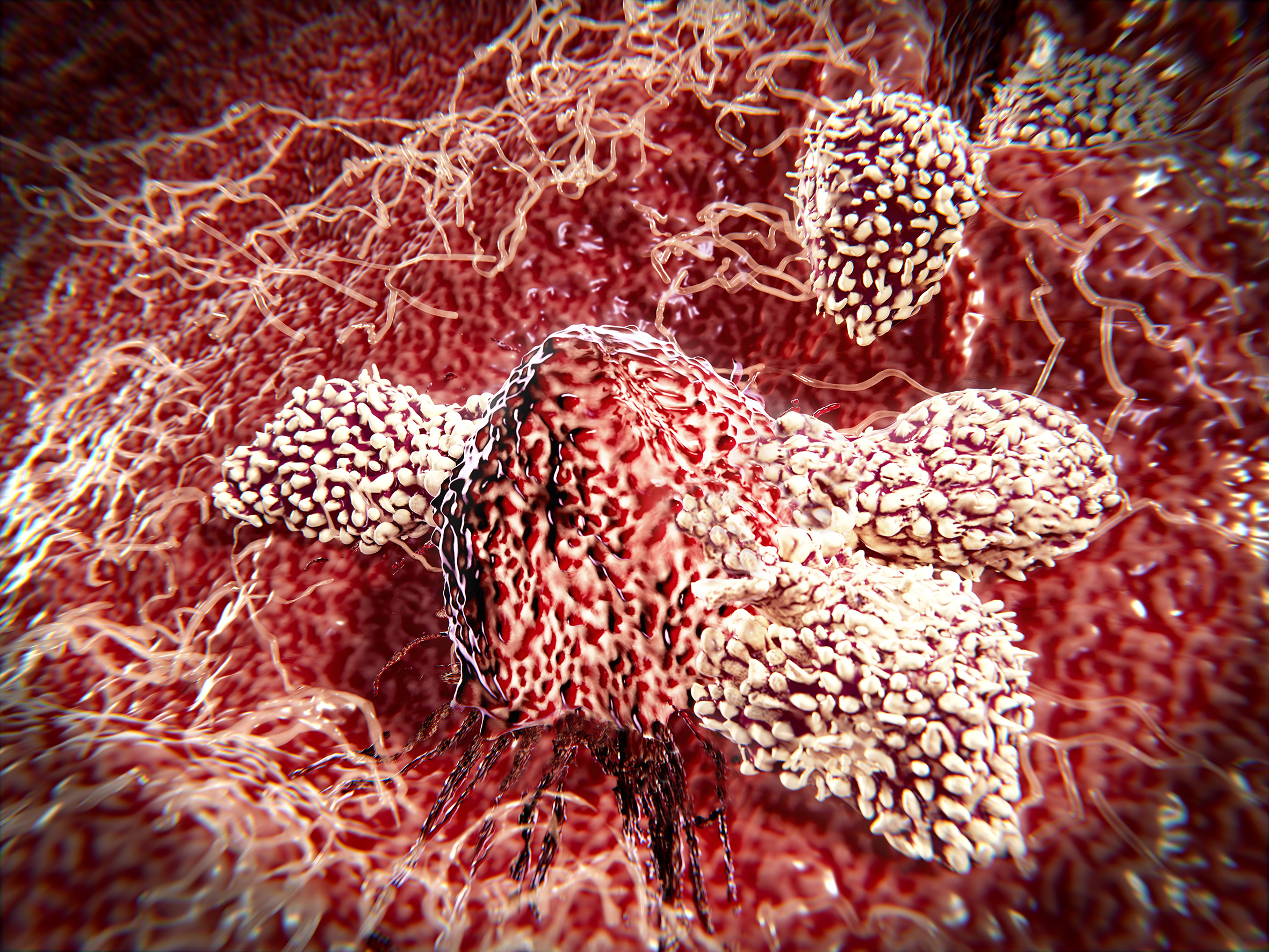Transgene begins trials of head and neck cancer vaccine

Virus-based immunotherapy biotech Transgene is to begin clinical trials of its head and neck cancer drug candidate TG4050 after gaining regulatory clearance from the UK regulator.
Transgene focuses on developing virus-based immunotherapies for solid tumours and has received approval from the UK’s Medicines and Healthcare Products Regulatory Agency (MHRA) to begin a phase 1 trial of TG4050.
TG4050 is being developed as a potential treatment for patients with newly diagnosed, locoregionally advanced, HPV negative, squamous cell carcinoma of the head and neck (SCCHN).
Derived from the French biotech’s myvac platform, TG4050 has been designed to stimulate and educate the patient’s immune system to recognise and destroy tumour cells.
Cancer cells accumulate mutations and each patient has a specific set that are unique to their tumour.
TG4050 targets a panel of these patient-specific mutations, which have been selected using a system predicting which neoantigens are most likely to arise.
Transgene has been collaborating with scientists at the University of Southampton to develop the technology.
The phase 1 trial of TG4050 will be carried out in patients with SCCHN who have received an adjuvant (first line) therapy.
Antitumour activity of TG4050 as monotherapy will also be measured in the multi-centre, two-armed trial including patients in the UK and France.
The study, sponsored by Transgene, will be co-financed by Transgene and its partner NEC, which will also support the trial by contributing to the therapeutic vaccine design and the selection of target neoantigens.
Lead investigator Christian Ottensmeier, professor of experimental medicine at the University of Southampton, said: “I expect the study to provide us with data demonstrating the safety and immunogenicity of TG4050.
“I believe such personalised vaccine approaches are the next paradigm in cancer care and could redefine the way patients with head and neck cancer and other solid tumours will be treated.”
Transgene has also received regulatory clearance in May to develop TG4050 to develop the drug in ovarian cancer.
Bristol-Myers Squibb is also working with Transgene to see if combining its immunotherapy Opdivo (nivolumab) with a cancer vaccine will boost the antibody's efficacy in lung cancer.













